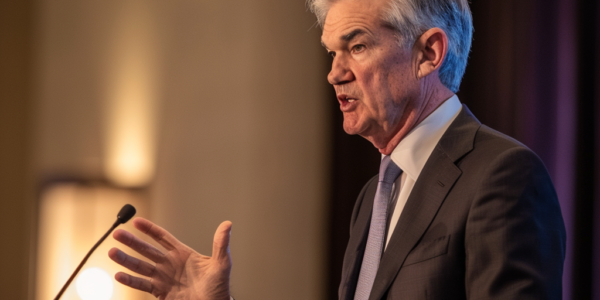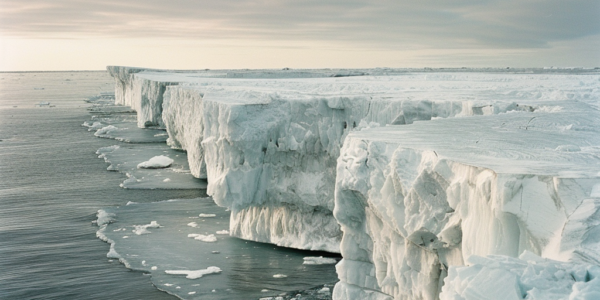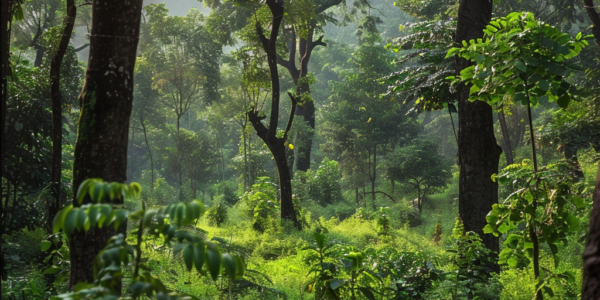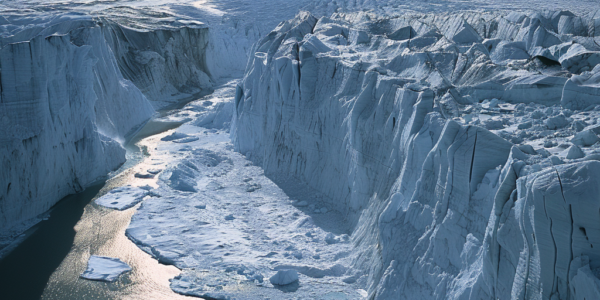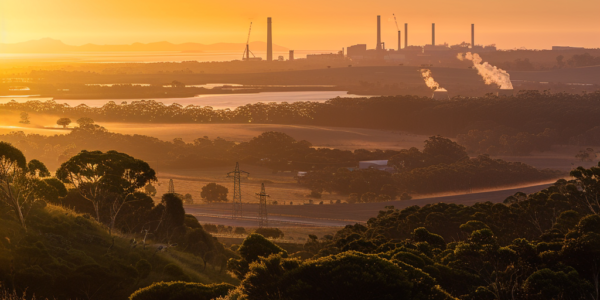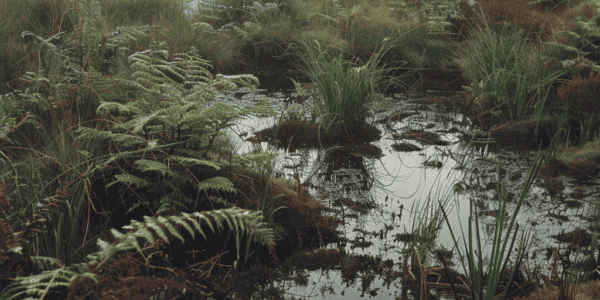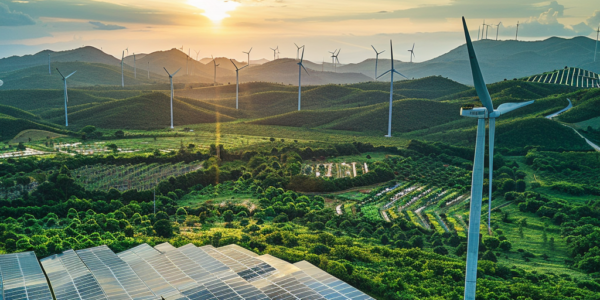US Fed should avoid climate change ‘mission creep’: Powell
Jerome Powell, head of the US central bank, warns that the Federal Reserve should avoid getting involved in politically-charged issues like climate change without Congressional approval in order to maintain public trust. Powell emphasized the importance of avoiding ‘mission creep’ and staying within the Fed’s mandate of setting monetary policy and banking regulation.
Green Day to Headline United Nations Human Rights-supported Mini Global Climate Concert
Green Day has been selected as the headliner and international honoree of the United Nations Human Rights-supported Mini Global Climate Concert, set for 4/2 at the Fillmore in San Francisco. The event aims to combat the human-rights crisis resulting from climate change and proceeds will go to UN Human Rights climate justice initiatives and a dedicated Right Here, Right Now climate fund at MusiCares to help musicians affected by climate change. This announcement comes as a significant recognition of Green Day’s efforts and influence in advocating for environmental causes.
Global Warming Impacting Earth’s Rotation and Timekeeping
Global warming is causing polar ice melt, impacting the Earth’s rotation and timekeeping. A recent study reveals that the need for a ‘leap second’ is being delayed by three years due to the effects of melting polar ice, pushing it from 2026 to 2029. This unprecedented shift in the Earth’s rotation underscores the influence of global warming on time standards and the importance of understanding climate change on a global scale.
Indian Forests Facing Silent Crisis Due to Climate Change
Indian forests are losing their ability to absorb CO2 due to climate change, posing a threat to India’s climate goals. Research shows an increase in green cover but a decrease in CO2 absorption, emphasizing the urgent need to address the impact of climate change on forests.
Alarming Ice Loss in Northeast Greenland Glacier Revealed by Research
Recent research by the Alfred Wegener Institute reveals significant ice loss of over 160 meters in thickness at the 79° N-Glacier in northeast Greenland since 1998, attributed to warm ocean water melting the glacier from below. The study highlights the impact of global warming on the stability of the floating ice tongue and emphasizes the urgent need to address the effects of climate change on polar ice masses.
Western Australia’s Greenhouse Gas Emissions Surge Raises Doubts on Australia’s Net Zero Targets
Western Australia’s greenhouse gas emissions are projected to rise significantly, posing challenges for Australia’s net zero targets. The state’s carbon emissions are expected to exceed 2005 levels by 20% in 2024, with little progress in decarbonizing the main power grid. The delay in setting a 2030 target and overcoming key barriers to emissions reduction further complicates the situation, leaving other states to make larger cuts to compensate for Western Australia’s shortfall.
WHO Develops Toolkit to Help Health Professionals Communicate Climate Change Risks
Climate change presents both a threat and an opportunity for global health. The World Health Organization has developed a toolkit to help health professionals effectively communicate the health risks of climate change and advocate for climate-friendly practices. By leveraging their expertise, health professionals can empower communities to understand and embrace the health benefits associated with climate solutions, ultimately fostering a better understanding of the health implications of climate change and promoting sustainable practices.
Peatland Soils Rapidly Altered by Climate Change and Elevated Carbon Dioxide Levels, Study Finds
A recent study has found that peatland soils, crucial for storing carbon, are being rapidly altered by a warmer climate and elevated carbon dioxide levels. The research conducted in northern Minnesota revealed that warmer conditions and increased carbon dioxide led to a rapid breakdown of organic soil components, challenging the traditional belief that complex components of plant-derived soil organic matter would degrade more slowly than simpler components in response to climate change. These findings highlight the vulnerability of peatlands to climate change and the potential impact on carbon storage and greenhouse gas production.
Study highlights potential conflict between renewable energy siting and shifting ranges of threatened species
Renewable energy expansion is crucial for reducing fossil fuel dependence and mitigating climate change. However, a new study highlights a potential conflict between renewable energy siting and the shifting ranges of threatened species due to climate change. The study emphasizes the need to align renewable energy expansion with the changing ranges of species under future climate scenarios, to minimize impacts on biodiversity and contribute to more sustainable and environmentally conscious renewable energy development.
Unprecedented Warmth in Northern Hemisphere Oceans Raises Concerns
Recent studies have shown unprecedented warmth in the oceans of the Northern Hemisphere, with sea-surface temperatures in the North Atlantic averaging around 68 degrees Fahrenheit, a highly unusual figure for this time of year. 41 percent of the global ocean experienced heat waves in January, indicating a concerning trend. Research indicates that by the end of the century, a significant portion of the ocean could be in a permanent heat wave state, with potential consequences including stronger hurricanes, rising sea levels, and unsustainable conditions for marine life.

